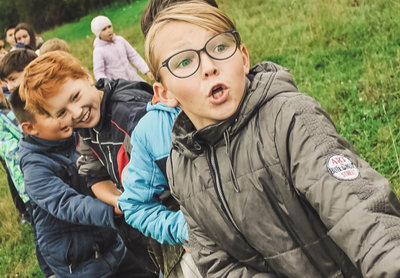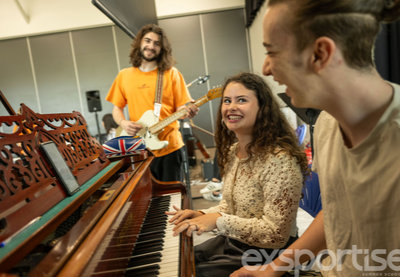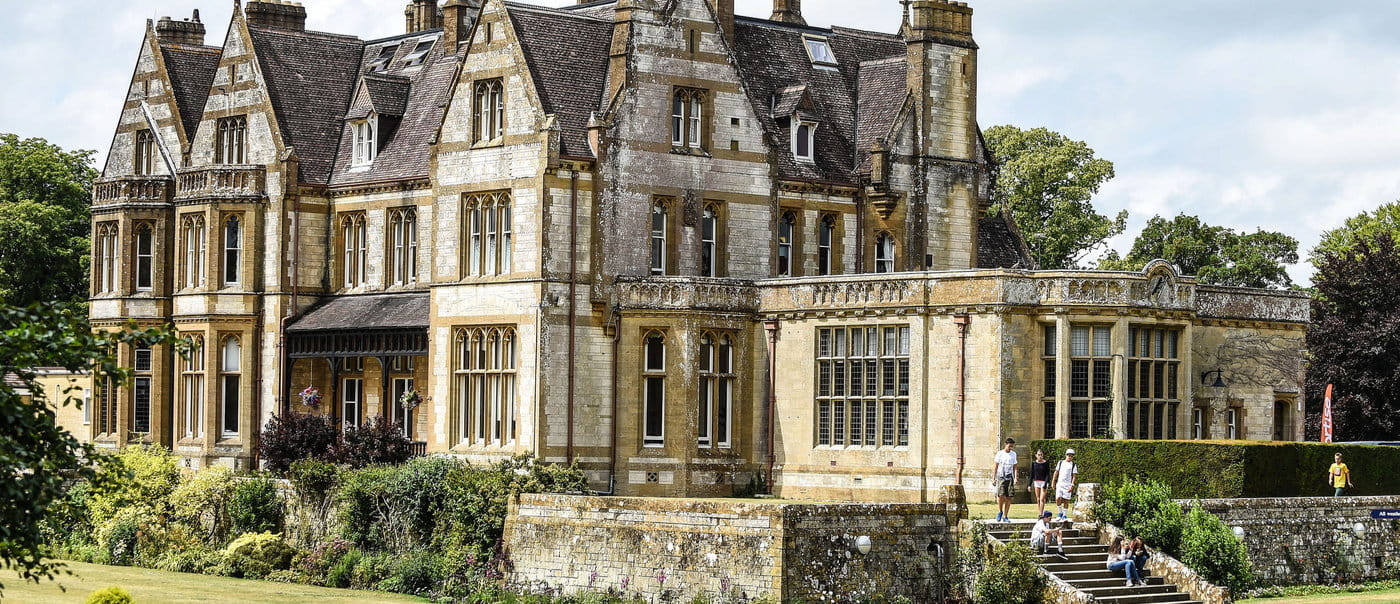Learning English abroad means more than classes and textbooks; it's an adventure, new friendships, and a journey of self-discovery.
Think about learning English in places that seem to have come straight from a storybook, such as Harry Potter-style schools in historic UK or Ireland, or while basking under the sun in Malta or skiing in Canada, or while learning to surf in Australia. Students can immerse themselves in the vibrant culture of Cape Town, South Africa, combining language learning with volunteering. Location, language, and leisure activities make up the perfect experience for each learner. Here are 10 compelling reasons why a language camp abroad offers an unparalleled experience.
- Dive Deep into English: Immersing yourself in an English-speaking environment accelerates learning. Daily interactions, from ordering meals to socialising, provide authentic practice. Full immersion is not only the most effective but also the quickest method to fluency.
- Discover New Cultures: Learners will encounter diverse traditions, sample novel cuisines, and might even adopt local colloquialisms. Being both traveller and student enriches vocabulary and understanding of global cultures.
- Grow Up a Bit: International travel fosters independence and self-confidence. While navigating new experiences, students still have the backing of educators and peers, meaning there is a balance of autonomy and support.
- English Plus a Hobby: Camps integrate English learning with personal interests, whether it's sports like football and rugby, creative arts like drama and filmmaking, or academic pursuits such as law and medicine. This enriches the learning experience by aligning it with the student's passions. Other options include leadership skills, presentation and debate skills, mixed activities, golf, journalism, digital media innovation university preparation and there is even a camp to prepare students for boarding school.
- Make Friends from Around the World: ’Séjours linguistiques’ lead to friendships all over the world, offering a network that spans continents and cultures, potentially lasting a lifetime.
- Activities and Excursions: Learning extends beyond the classroom with excursions to castles, museums, and sporting events and much more, making education an adventure.
- Safe and Caring Places: With a focus on safety and inclusivity, camps ensure a nurturing environment where learners can thrive. Some camps offer residential accommodation in stunning boarding schools in the English countryside, and some options are living with welcoming homestay families and eating meals with them.
- Learn Beyond Books: Camps emphasize practical English usage, offering a real-world language experience that traditional schooling often misses.
- Something for Everyone: With a vast array of programs, finding a camp that matches students’ interests and learning objectives is straightforward.
- Build Confidence for the Future: Beyond language acquisition, the journey improves confidence, and prepares students for future challenges with resilience.


English camps abroad provide learning with adventure, friendship, and personal growth. It's about matching education with your interests, broadening horizons, and stepping into independence.
At The Language House, we excel in matching students with ideal learning opportunities tailored to their goals. We can organise courses all year round (even outside of regular school holidays). We can help juniors and young adult learners (and of course adults on a separate note).
Reach out:
Reach out for a chat, as we are happy to explore the possibilities together.
Email


